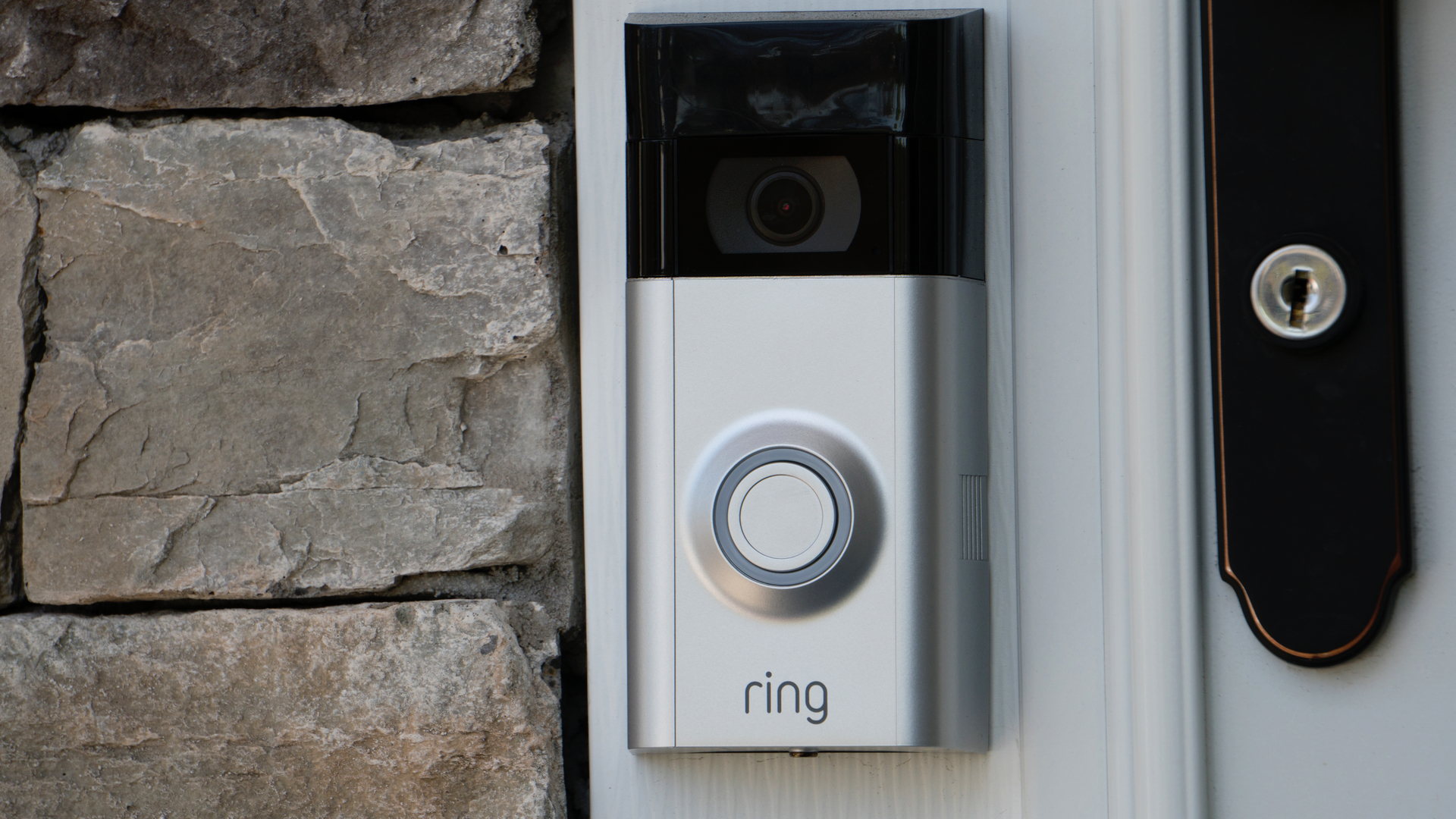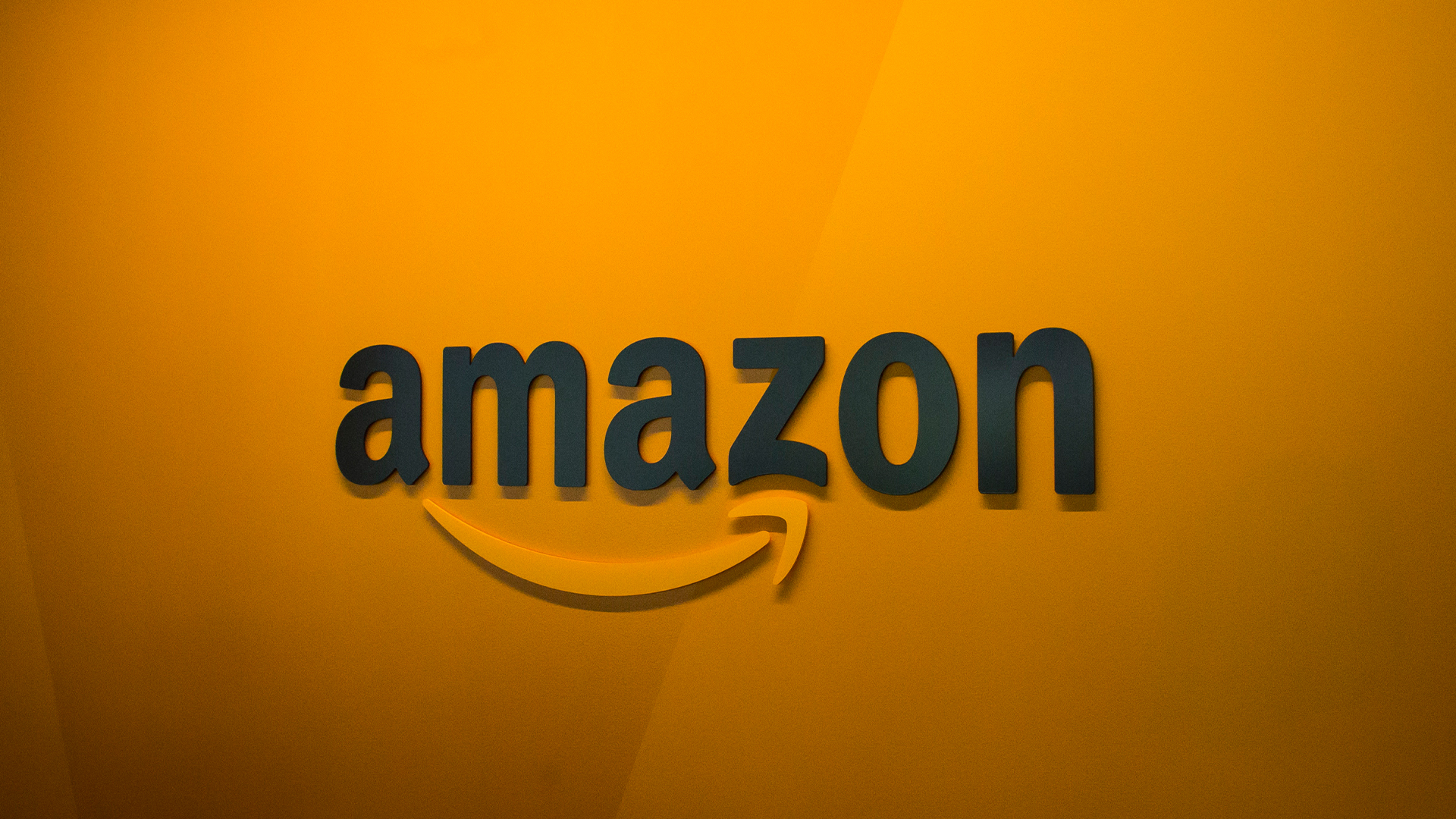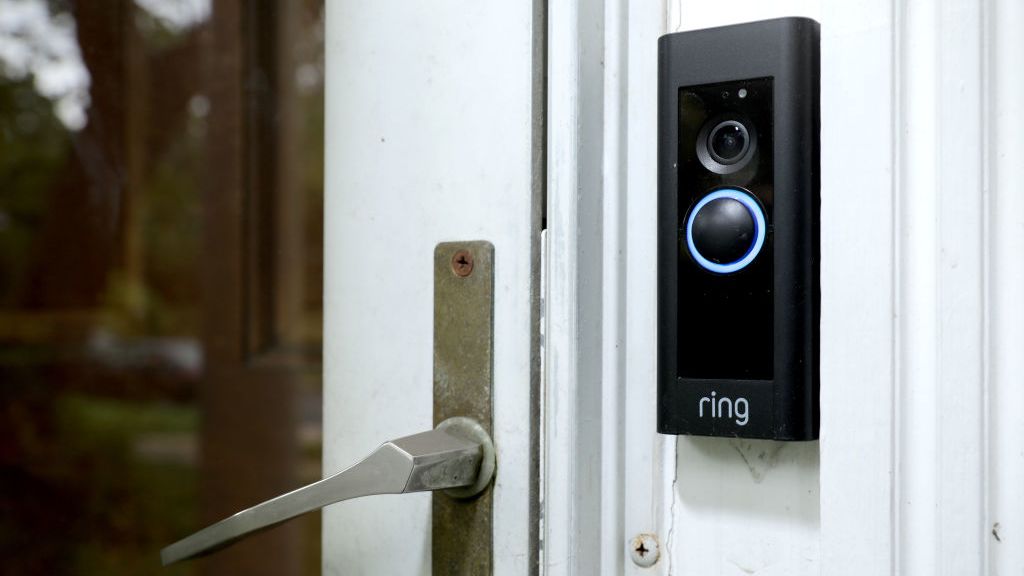Amazon's Ring agrees to $5.8m settlement over alleged use of its cameras to spy on female customers
The firm will also pay $25m for allegations Alexa stored child voice recordings indefinitely


Sign up today and you will receive a free copy of our Future Focus 2025 report - the leading guidance on AI, cybersecurity and other IT challenges as per 700+ senior executives
You are now subscribed
Your newsletter sign-up was successful
Amazon subsidiary Ring has agreed to a $5.8 million settlement over allegations it failed to prevent employees from violating customer privacy.
The Federal Trade Commission (FTC) laid out the claims in a complaint, which stated that every Ring employee and hundreds of third-party contractors had full access to customer videos prior to February 2018.
One employee was found to have viewed “thousands of video recordings belonging to at least 81 unique female users” including video feeds from bathrooms and bedrooms.
A co-worker of the employee is said to have discovered the activity by chance and reported it to a supervisor.
RELATED RESOURCE

Protect and preserve your data from endpoint to infrastructure
Achieve cyber resilience with help from a powerhouse partnership
DOWNLOAD FOR FREE
Details of the misconduct were laid out in the FTC’s complaint [PDF], which alleged that no action was initially taken against the perpetrator and it was only after all the victims were proven to have been women that they were terminated.
“We want our customers to know that the FTC complaint draws on matters that Ring promptly addressed on its own, well before the FTC began its inquiry; mischaracterizes our security practices; and ignores the many protections we have in place for our customers,” Ring wrote.
“While we disagree with the FTC’s allegations and deny violating the law, this settlement resolves this matter so we can focus on innovating on behalf of our customers.”
Sign up today and you will receive a free copy of our Future Focus 2025 report - the leading guidance on AI, cybersecurity and other IT challenges as per 700+ senior executives
Although employees used this access for legitimate purposes such as for training Amazon algorithms, the FTC found that adequate notice or consent of this practice was not given to customers.
Policies that required Ring employees or contractors to receive customer consent to access their videos were not put in place until February 2019.
The FTC stated that Ring has been unable to identify the number of employees that accessed videos prior to this date.
Although employees were required to sign an agreement prohibiting misuse of data, the complaint alleged, they were not provided with training on data privacy or data security prior to May 2018.
The complaint also alleged that Ring did not secure its devices against hacking techniques like brute force attacks and credential stuffing, which led to the compromise of 55,000 customers’ accounts.
Hackers gained access to video feeds from around 1,250 devices, with 40% of these being internal cameras. In some cases, threat actors used the intercom functions of the devices to verbally harass victims inside their homes.
This is not the first time that Ring has been put in the spotlight over privacy concerns.
In 2022, the firm admitted it had given police departments device footage without user consent on 11 occasions that calendar year.
At the time, the firm stated that it had determined the disclosure of videos “without delay” had helped to prevent the danger of serious injury or death.
In 2019, a Ring vulnerability let hackers intercept Wi-Fi passwords in clear text which exposed victims to follow-up attacks.
Further fines for Alexa child privacy allegations
Amazon has also agreed to a $25 million settlement over allegations it violated privacy laws pertaining to children and misled parents over its data practices.
The firm was accused of retaining voice recordings of children indefinitely, and in violation of a children’s privacy law that allows parents to request deletion.
An official FTC complaint [PDF], filed by the Department of Justice, stated that Amazon acted in violation of the Children’s Online Privacy Protection Act (COPPA) by retaining voice recordings and transcripts of children for “longer than is reasonably necessary”.
RELATED RESOURCE

The business value of Zscaler Data Protection
Understand how this tool minimizes the risks related to data loss and other security events
Amazon policy states that Alexa data will be deleted upon request and that parents can choose whether it is retained, but the FTC found that until September 2019 parents were required to delete data themselves.
It also alleged that Amazon failed to honor deletion requests in violation of COPPA. The FTC noted that child voice recordings are valuable to Amazon as training data for its algorithms.
The firm denied the allegations, and in a blog post drew attention to the privacy measures already in place to protect Alexa data.
“We take our responsibilities to our customers and their families very seriously,” Amazon stated.
“We have consistently taken steps to protect customer privacy by providing clear privacy disclosures and customer controls, conducting ongoing audits and process improvements, and maintaining strict internal controls to protect customer data. While we disagree with the FTC’s claims and deny violating the law, this settlement puts the matter behind us, and we believe it’s important to put the settlement in the right context.”
Alvaro M Bedoya, the commissioner of the FTC, noted that Amazon’s justification for retaining data was inadequate.
“Today’s settlement sends a message to all those companies: Machine learning is no excuse to break the law,” he stated.
“Claims from businesses that data must be indefinitely retained to improve algorithms do not override legal bans on indefinite retention of data. The data you use to improve your algorithms must be lawfully collected and lawfully retained. Companies would do well to heed this lesson.”
In addition to the settlement, Amazon will be required to delete child data including geolocation, and will be barred from using said data to train algorithms.

Rory Bathgate is Features and Multimedia Editor at ITPro, overseeing all in-depth content and case studies. He can also be found co-hosting the ITPro Podcast with Jane McCallion, swapping a keyboard for a microphone to discuss the latest learnings with thought leaders from across the tech sector.
In his free time, Rory enjoys photography, video editing, and good science fiction. After graduating from the University of Kent with a BA in English and American Literature, Rory undertook an MA in Eighteenth-Century Studies at King’s College London. He joined ITPro in 2022 as a graduate, following four years in student journalism. You can contact Rory at rory.bathgate@futurenet.com or on LinkedIn.
-
 AWS CEO Matt Garman isn’t convinced AI spells the end of the software industry
AWS CEO Matt Garman isn’t convinced AI spells the end of the software industryNews Software stocks have taken a beating in recent weeks, but AWS CEO Matt Garman has joined Nvidia's Jensen Huang and Databricks CEO Ali Ghodsi in pouring cold water on the AI-fueled hysteria.
-
 Deepfake business risks are growing
Deepfake business risks are growingIn-depth As the risk of being targeted by deepfakes increases, what should businesses be looking out for?
-
 Amazon says Russian-backed threat groups were responsible for five-year-long attacks on edge devices – and it shows a ‘clear evolution in tactics’
Amazon says Russian-backed threat groups were responsible for five-year-long attacks on edge devices – and it shows a ‘clear evolution in tactics’News Russian-backed hacker groups are exploiting misconfigured edge devices – now preferring that tactic over hunting down traditional vulnerabilities to gain access to company networks.
-
 Amazon CSO Stephen Schmidt says the company has rejected more than 1,800 fake North Korean job applicants in 18 months – but one managed to slip through the net
Amazon CSO Stephen Schmidt says the company has rejected more than 1,800 fake North Korean job applicants in 18 months – but one managed to slip through the netNews Analysis from Amazon highlights the growing scale of North Korean-backed "fake IT worker" campaigns
-
 Hackers are turning Amazon S3 bucket encryption against customers in new ransomware campaign – and they’ve already claimed two victims
Hackers are turning Amazon S3 bucket encryption against customers in new ransomware campaign – and they’ve already claimed two victimsNews Attackers are using AWS’ server-side encryption to conduct ransomware attacks
-
 Amazon confirms employee data compromised amid 2023 MOVEit breach claims – but the hacker behind the leak says a host of other big tech names are also implicated
Amazon confirms employee data compromised amid 2023 MOVEit breach claims – but the hacker behind the leak says a host of other big tech names are also implicatedNews Millions of records stolen during the 2023 MOVEit data breach have been leaked
-
 Amazon gave police departments Ring footage without permission
Amazon gave police departments Ring footage without permissionNews The tech giant has done this 11 times this year
-
 Senators quiz Amazon on palm scanning tech
Senators quiz Amazon on palm scanning techNews Lawmakers fret about the privacy implications of Amazon One
-
 Amazon faces £637 million fine over GDPR violations
Amazon faces £637 million fine over GDPR violationsNews If confirmed, the penalty would be almost 15-times larger than the current record fine
-
 AWS shuts down NSO Group infrastructure
AWS shuts down NSO Group infrastructureNews The Israeli company’s Pegasus spyware was used to target at least 50,000 mobile phones